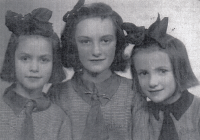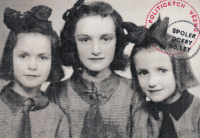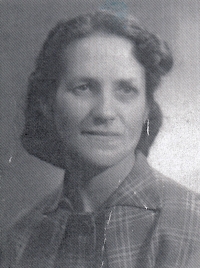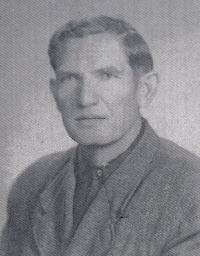My father came back toothless and grey-haired. He looked like he’d been released to die
Download image
Jarmila Bílková was born on 19 November 1936 to Jarmila and Bedřich Koller in Uherský Brod. From her childhood years she remembers the deportation of the Jewish inhabitants, the bombing and the subsequent liberation of her hometown. The family subscribed to Sokol ideals, his father was a member of the National Socialist Party. On 2 August 1951, State Securirty officers came to her father’s home and a trial followed. In a pre-staged trial with the alleged anti-state group Včela (A Bee), the father was sentenced to 15 years in prison for treason. He went through several prisons, serving the longest part of his sentence in Leopoldov. Witness´s mother Jarmila was left alone with her three daughters - no one wanted to employ her, her daughters could not get an education. After the renewal of the trial in the second half of the 1950s, her father was released from prison, returned home with poor health and spent some time in the hospital in Uherské Hradiště. Neither of her parents lived to see the fall of totalitarianism. Jarmila Bílková worked in various manual jobs until her retirement. In 2023 she was living in her native Uherský Brod.



